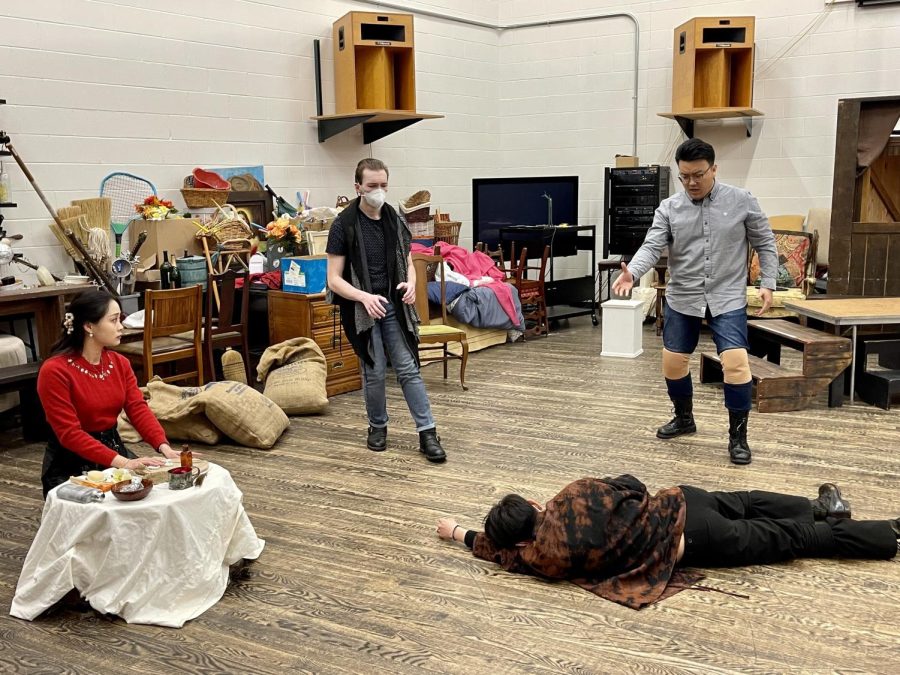The University Opera Theatre will present “Suor Angelica & Il Tabarro” by Italian composer Giacomo Puccini this weekend. The opera will run at Ted Mann Concert Hall from Thursday, Nov. 17, to Sunday, Nov. 20. Tickets, only $10 for students, can be purchased here.
“Suor Angelica & Il Tabarro” are two separate operas by Puccini and make up part of a collection of early 20th century one-act operas known as “Il trittico.” Despite the collection’s relative obscurity, (“Il trittico” does not rank among Puccini’s most famous output) director David Walsh said Puccini himself swore “Suor Angelica” was his favorite work.
“Suor Angelica” (“Sister Angelica” in English), conducted by Jingqi Zhu, will be performed first. “Suor Angelica” features themes of loss and remorse, following the life of a woman sent to a convent after bearing an illegitimate child. This performance marks the third time Walsh has directed the opera.
“I love theater, and I love dance and all of that, but I think opera puts all of that together. That’s exactly what allows opera to express human desires, in all forms, in an incredibly compelling and convincing kind of way,” Walsh said. “It seems paradoxical because who goes around singing their story, right? But opera does this because of the power of the music.”
Following “Suor Angelica” is “Il Tabarro” (“The Cloak” in English), directed by Andrew Kim. “Il Tabarro” takes place on a river barge in the Seine and tells the story of a man who believes his wife has cheated on him.
“They’re having to take on really emotionally-charged characters,” Walsh said of the cast’s preparation for the performances. “I think in many ways, that’s been the biggest challenge of putting it on — just being able to deal with the huge emotionality of it.”
Beyond processing the heavy emotions associated with the operas, the cast and crew for each production have been hard at work for months. The production has brought together stage performers, costume designers and musicians in a dynamic joint effort.
“Opera is an art that brings all kinds of artistic collaboration to the fore,” Kim said, emphasizing the cooperative element of the production process.
If attending the opera seems unapproachable, consider Kim’s take on the art form.
Kim said emotions make opera a universal method of storytelling. When audiences consider the strong emotional aspect of the situation they watch unfold onstage, they should think about the times they’ve felt the same way. This method helps the audience look past a setting that seems out of reach (i.e. a barge on the Seine).
“I sincerely hope young people come to this because I think they will have a different view of opera,” Walsh said, referring to the stereotypical view of opera as an elitist art form. “It’s something anybody can connect to if you just come in for the experience.”















Ampharos3
Dec 10, 2022 at 4:14 pm
Just two broken children healing each other. My heart….
L.E1269.USWo10041AZ